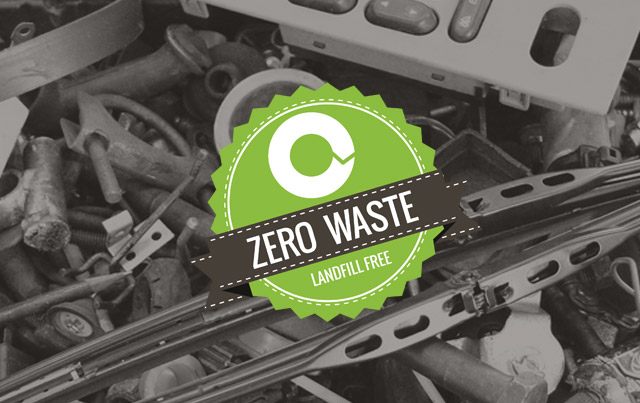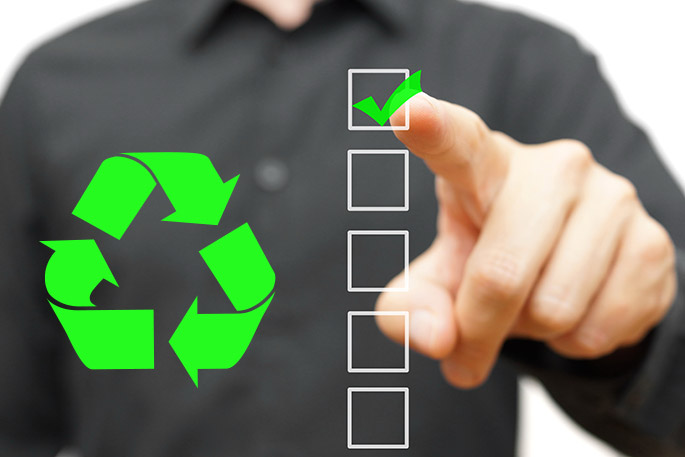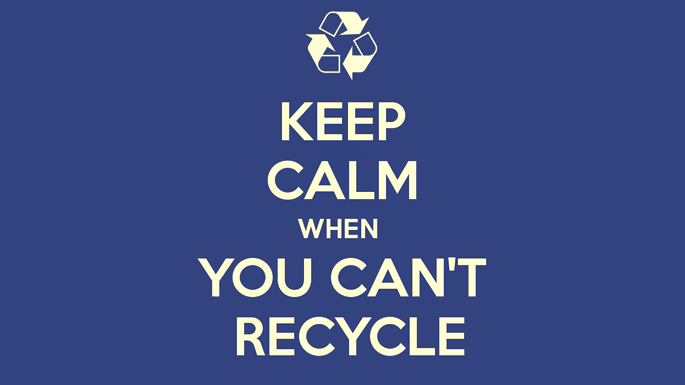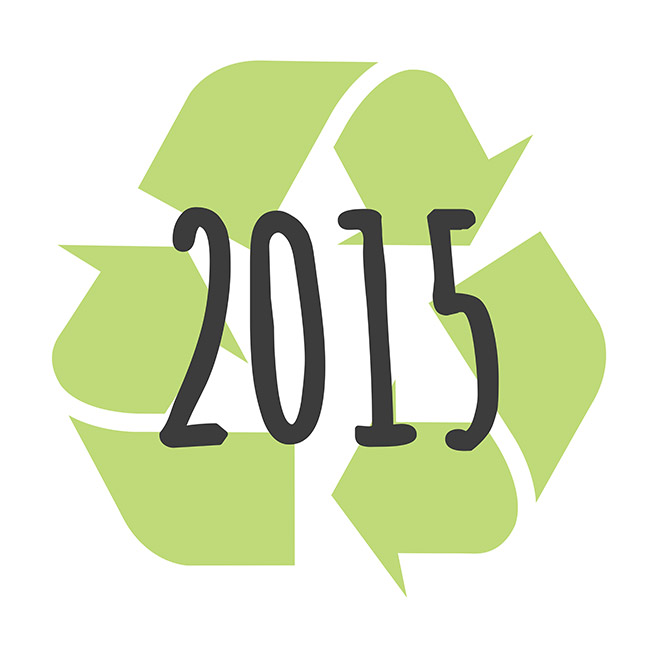People and organizations talk about zero waste but some of them are confused about its real meaning or don’t know how to achieve zero waste management. In a nutshell, zero waste is a philosophy that redirects all resources to be reused or returned to nature. A zero waste management program involves a number of methods and here are three of the most common.
Recycling
Many people start their path to zero waste with recycling bins. It wasn’t that long ago that everyone’s waste went into the garbage bin. The refuse would be disposed of in landfills or burned in incinerators. The resources themselves were lost and new resources had to be mined, grown or manufactured. While this was an easy solution, it was an inefficient and short sighted one.
Humans have been recycling to some degree for thousands of years, but the kind of organized, large-scale recycling we see today is a more modern invention. The idea of a network of recycling bins being used by consumers and businesses, picked up by municipal collection services, processed by complex facilities and resold to the manufacturing industry is only a few decades old. Although recycling is a big part of zero waste living, it is only one component.
Composting
Once you transfer the plastic, paper and metals from trash receptacles to recycling bins, what is left? In many households and businesses it’s food and yard waste. Eggshells, coffee grounds and grass clippings can’t be recycled but they can be composted. Composting turns certain kinds of organic materials into natural fertilizer used to help gardens grow.
Some people hesitate to compost because they don’t have gardens, but compost can also be used to feed the lawns, bushes and trees most people have in their yards. Others are afraid the compost will stink, but a properly maintained compost pile doesn’t give off unpleasant odors. Finally people think composting is hard. Composting takes a little more attention than recycling, but it still requires only a small amount of effort to produce free, highly nutritious fertilizer.
Prevention
The best tool for zero waste is to avoid producing anything that needs to be disposed of in trash, composting or recycling bins. Buy nonperishable products in bulk to minimize packaging; buy perishable in smaller amounts if you find you regularly throw out spoiled food. Use washable cups, plates and utensils instead of disposable ones. Replace alkaline batteries with rechargeable cells. Rent movies instead of buying them; even better, stream movies rather than renting physical disks.
Look for alternatives to disposal. Instead of bringing an old computer to an e-waste site, donate it to the school. Give your old magazines to your doctor’s office after cutting off the address labels. Repair broken electronics instead of replacing them. Use the backs of one-sided copies as scratch paper or to print draft copies of a document.
Think of zero waste management as inspiration rather than a goal. Don’t feel guilty if you send a little refuse to the landfill. Every little bit that goes into recycling bins, compost or charity is one more bit that doesn’t go to waste.





































































































































 5 Points To Consider When Buying Recycling Bins
5 Points To Consider When Buying Recycling Bins  Keep calm when you can't Recycle
Keep calm when you can't Recycle  7 Days of Recycling
7 Days of Recycling 

A lot of our clients are going zero waste thanks to the sheer information about the movement and all the tips and ideas of how to reduce, refuse and reuse their waste. I’m glad to see that other companies have also embraced the idea and help people all over the world to reduce their footprint on to the planet. As you pointed out, prevention is the best thing to do when going zero waste. Greetings!